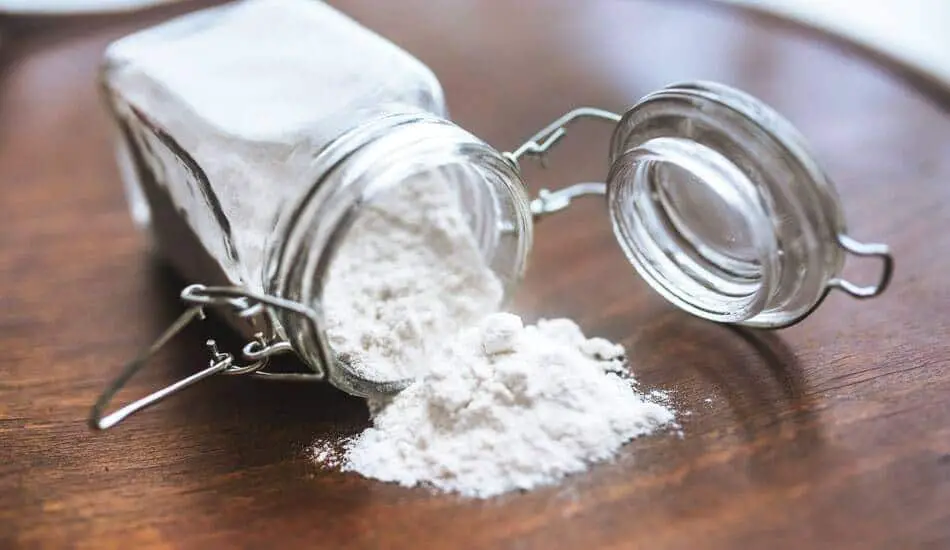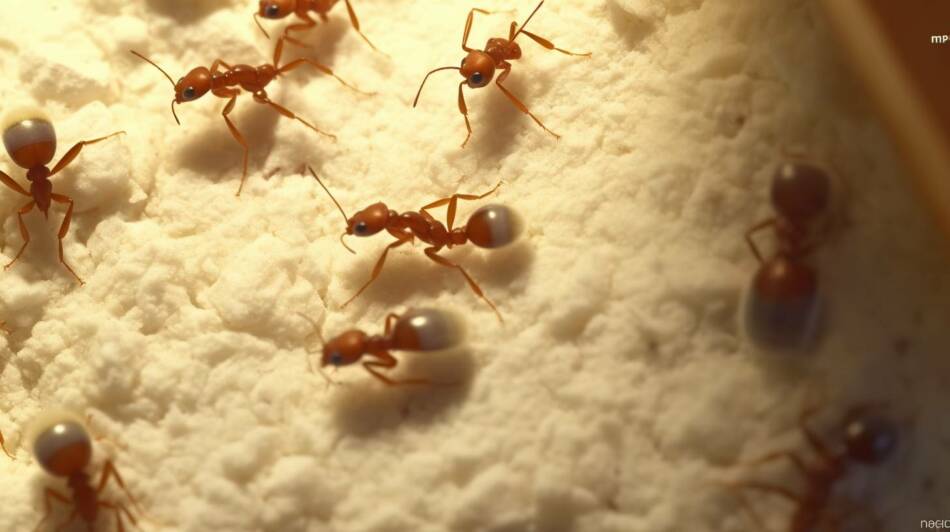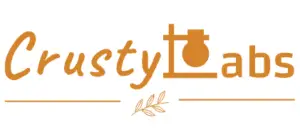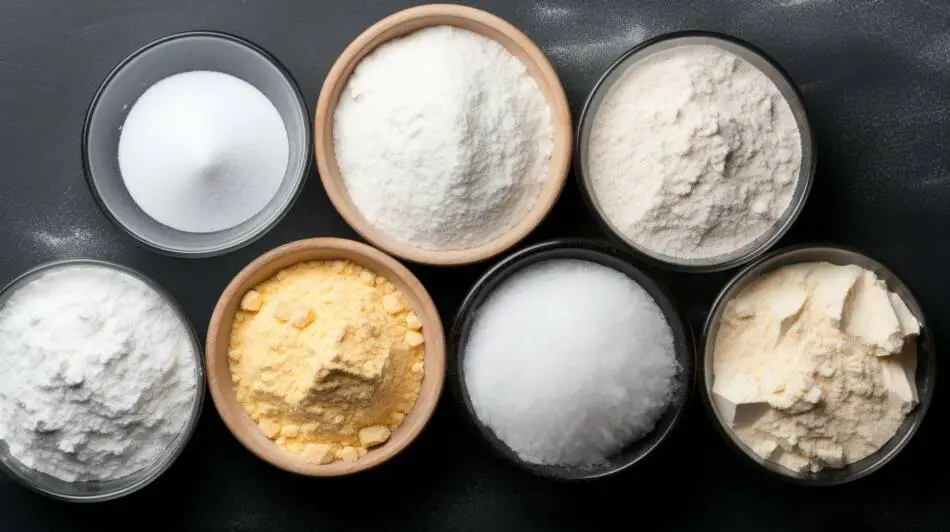When starting a journey into the world of sourdough baking, one of the initial and most crucial decisions is selecting the right type of flour for your sourdough starter. Sourdough starter relies on the wild yeasts and bacteria present in the environment and flour, making the choice of flour essential for a healthy and active starter. In this article, we’ll explore the best flours for sourdough starter and why they are preferred by bakers.
Whole grain flours are the best choice for sourdough starters because they create the best environment for yeast and bacteria to flourish, ensuring the strongest fermentation activity. Among these, whole wheat and rye flour are the most popular options.
1. Whole Grain Flours for Sourdough Starters:

a. Whole Wheat Flour:
Advantages:
Nutrient Richness: The presence of the bran, germ, and endosperm ensures a comprehensive nutrient profile, encompassing vitamins, minerals, and fibers. This richness can provide a great environment for microbial growth within the starter.
Boosted Microbial Activity: Thanks to its complex carbohydrates, whole wheat flour nourishes the beneficial bacteria and yeast, fostering a vibrant and active starter culture.
Deep Flavor: A sourdough starter made with whole wheat flour often has a pronounced earthy and robust flavor, making it a favorite among those who appreciate the intricate taste dynamics of sourdough.
Considerations:
Impact on Starter’s Rise: The sharp bran in whole wheat flour can affect the starter’s structure, making it less elastic. This means that, over time, a starter fed only with whole wheat might not rise as much as one fed with refined flour.
Hydration Adjustment: Whole wheat flour absorbs more water. To achieve a consistent starter texture, consider adjusting the water content when feeding.
Storage: Whole wheat flour’s natural oils can turn rancid if not stored properly. Always keep in a cool place, away from direct sunlight, or even consider refrigeration to extend its shelf life.
b. Rye Flour:
Advantages:
Abundance of Natural Yeasts: Rye flour’s high natural yeast content can significantly accelerate fermentation, making it a top choice for those initiating a new sourdough starter.
Unique Flavor: A starter made from rye flour introduces a distinct tanginess, offering a refreshing twist to the typical sourdough taste.
Health Aspects: Using rye flour in your starter can lead to final bread products enriched with dietary fibers like arabinoxylan, which are beneficial for digestion. Rye-based breads often have a more favorable glycemic response compared to standard wheat breads.
Considerations:
Dough Texture: A starter with a high concentration of rye might make the final bread dough stickier and more challenging to handle.
Flavor Overpower: Rye has a strong taste. For those not used to its robust flavor, a pure rye starter might be overwhelming. Blending with other flours can help balance the flavor.
Hydration Levels: Rye flour tends to hold more water, so adjustments in water content might be necessary when maintaining the starter.
2. White Flours for Sourdough Starters:

a. All-purpose Flour:
Advantages:
Availability and Cost: Being one of the most common flours, it’s easy to find and typically more affordable than specialty flours.
Mild Flavor: If you prefer a milder sourdough taste, all-purpose flour can be the right choice. It produces a less tangy starter compared to whole grain counterparts.
Predictable Texture: Due to its refined nature, all-purpose flour can produce a consistent and smoother starter texture, making it easier to read the signs of activity like rising and bubble formation.
Considerations:
Nutrient Composition: Since it’s stripped of bran and germ during the refining process, all-purpose flour lacks some nutrients which act as food for the microbes. As a result, it might not be as efficient in promoting initial microbial growth as whole grain flours.
Starter Vigor: While all-purpose flour can sustain a sourdough starter, it might not impart the same vigor or resilience as whole grain flours. Regular feeding is essential, and it might be more susceptible to periods of inactivity or neglect.
Hydration Management: Achieving the right consistency with all-purpose flour usually works well at 100% hydration, but it’s always good to observe and adjust based on the starter’s behavior.
Rejuvenating Strategy: If the all-purpose starter seems sluggish or less active, incorporating some whole grain flour from time to time can rejuvenate its activity, providing a burst of nutrients.
b. Bread Flour:
Advantages:
Protein Content: Bread flour is renowned for its higher protein content, usually around 10-14%. This can lead to a more robust starter and, eventually, a bread with better structure and chew.
Versatility: It strikes a balance between the mildness of all-purpose flour and the nutrient richness of whole grain flours. This makes it a versatile choice for those wanting a starter that’s both strong and mild in flavor.
Considerations:
Nutrient Levels: While it might have more protein, bread flour still lacks some of the nutrients found in the bran and germ of whole grains. This means it might not always be as active or vigorous as starters based entirely on whole grains.
Protein vs. Starch Balance: High protein content means lower starch availability. Since yeast and bacteria in the starter primarily feed on starch, using extremely high-protein bread flour (above 12%) might slow down the fermentation process. Mixing with other flours can help strike a balance.
Cost and Availability: Bread flour might be slightly more expensive than all-purpose flour, and in some regions, not as readily available.
Hydration Adjustments: Due to its higher protein content, bread flour tends to absorb more water. Bakers might need to tweak hydration levels slightly when using it for their starter.
3. Specialty Flours for Sourdough Starters:
a. Spelt, Kamut, and Einkorn:
These ancient grains have been treasured for millennia. Recently, they’re seeing renewed interest among sourdough enthusiasts who use them to create unique and diverse starters.
Advantages:
Diverse Flavors: Introducing different flours to your sourdough starter can drastically alter its flavor profile.
- Spelt: Can introduce a mildly sweet and nutty undertone to the starter.
- Kamut: With its buttery richness, it can enhance the depth and complexity of the starter’s flavor.
- Einkorn: Its subtle sweetness can lend a delicate and light aroma to the starter, setting the stage for a milder sourdough.
Nutritional Benefits: As these grains are often less refined than conventional ones, they can provide a richer nutrient base. This might lead to a more vibrant microbial activity in your starter due to the variety of nutrients available.
Digestibility and Allergy Considerations: For those experimenting with sourdough due to wheat sensitivities, these grains offer an alternative. The starters made with these flours can sometimes be more tolerable for individuals with mild wheat allergies.
Considerations:
Availability and Price: These grains might be more challenging to find and could be more expensive than your typical wheat flour, which might make maintaining a daily feeding schedule costlier.
Hydration Levels: Each of these flours has its unique water absorption rates. When using them for starters, you might need to adjust the amount of water to achieve the desired consistency.
Gluten Structure: While they do contain gluten, it’s of a different structure than modern wheat. This can affect the starter’s texture and fermentation speed. Some might take longer to show bubbles and rise, while others might be quicker.
Shelf Life of Flour: Since these are specialty flours and often whole grain, their natural oils can cause them to turn rancid faster. Ensure they’re stored in cool, dark places, or even refrigerate them to extend their shelf life.
FAQ
Can I use expired flour for my sourdough starter?
Using expired flour for sourdough starters is possible, but demands caution. Avoid flour with signs of pest infestation, mold, or a stale odor. Expired flour might weaken your starter, so consider trial batches before risking your main starter. To ensure vitality, refresh the starter more often when using expired flour.
Can I use self raising flour for my sourdough starter?
Self raising flour can be used in sourdough starter as a last resort, however avoid long-term use. Self-raising flour, typically used for quick rise in baked goods, isn’t ideal for sourdough starters due to added raising agents and potential salt content which interferes with natural fermentation.
How do I convert a white flour sourdough starter to a whole wheat or rye starter and vice versa?
To convert a white flour sourdough starter to whole wheat or rye (or vice versa), introduce the new flour gradually over several feedings. Monitor consistency, adjusting water as needed. Transitioning may temporarily affect starter activity, but regular feedings in a warm environment will stabilize it. Different flours yield distinct flavor profiles.
Are organic flours better than non-organic flour for sourdough starter?
Organic flours tend to have fewer chemicals and might be richer in nutrients, which could offer a better environment for microbial activity.
Tips for Choosing and Using Flour for Sourdough Starter:

Freshness Matters: Flour’s nutrient content decreases over time. Use fresh flour to ensure a vibrant fermentation.
Mix and Match: Some bakers blend flours to get the best of both worlds – the nutrients from whole grain flours and the lightness from white flours.
Observe and Adjust: Not all flours behave the same. If you’re not getting the desired activity, consider switching flours or adjusting hydration levels.
Conclusion:
While there are many suitable flours for sourdough starters, the best one is often based on individual preferences related to taste, texture, and accessibility. Whole grain flours, especially rye and whole wheat, are excellent for initiating a robust starter. However, as you nurture and grow your starter, experimenting with various flours can help you discover the perfect fit for your baking style and palate. Happy baking!


